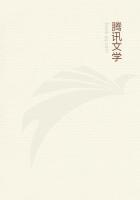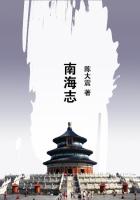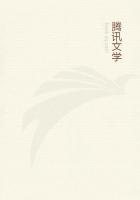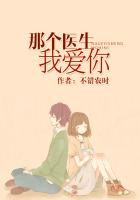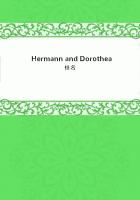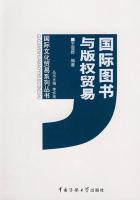As to presents, the same principle holds good as with emotions and marks of tenderness. Only by example can generous instincts be provoked. Above all the child should not be allowed to have things which he immediately gives away. Gifts to a child should always imply a personal requital for work or sacrifice. In order to secure for children the pleasure of giving and the opportunity of obtaining small pleasures and enjoyments, as well as of replacing property of their own or of others which they may have destroyed, they should at an early age be accustomed to perform seriously certain household duties for which they receive some small remuneration. But small occasional services, whether volunteered or asked for by others, should never be rewarded. Only readiness to serve, without payment, develops the joy of generosity. When the child wants to give away something, people should not make a presence of receiving it. This produces the false conception in his mind that the pleasure of being generous can be had for nothing. At every step the child should be allowed to meet the real experiences of life; the thorns should never be plucked from his roses. This is what is least understood in present-day training. Thus we see reasonable methods constantly failing.
People find themselves forced to "afflictive" methods which stand in no relation with the realities of life. I mean, above all, what are still called means of education, instead of means of torture,--blows.
Many people of to-day defend blows, maintaining that they are milder means of punishment than the natural consequences of an act; that blows have the strongest effect on the memory, which effect becomes permanent through association of ideas.
But what kinds of association? Is it not with physical pain and shame? Gradually, step by step, this method of training and discipline has been superseded in all its forms. The movement to abolish torture, imprisonment, and corporal punishment failed for a long time owing to the conviction that they were indispensable as methods of discipline. But the child, people answer, is still an animal, he must be brought up as an animal.
Those who talk in this way know nothing of children nor of animals. Even animals can be trained without striking them, but they can only be trained by men who have become men themselves.
Others come forward with the doctrine that terror and pain have been the best means of educating mankind, so the child must pursue the same road as humanity. This is an utter absurdity.
We should also, on this theory, teach our children, as a natural introduction to religion, to practice fetish worship.
If the child is to reproduce all the lower development stages of the race, he would be practically depressed beneath the level which he has reached physiologically and psychologically through the common inheritance of the race. If we have abandoned torture and painful punishments for adults, while they are retained for children, it is because we have not yet seen that their soul life so far as a greater and more subtle capacity for suffering is concerned has made the same progress as that of adult mankind. The numerous cases of child suicide in the last decade were often the result of fear of corporal punishment; or have taken place after its administration. Both soul and body are equally affected by this practice. Where this is not the result, blows have even more dangerous consequences.
They tend to dull still further the feeling of shame, to increase the brutality or cowardice of the person punished. I once heard a child pointed out in a school as being so unruly that it was generally agreed he would be benefited by a flogging. Then it was discovered that his father's flogging at home had made him what he was. If statistics were prepared of ruined sons, those who had been flogged would certainly be more numerous than those who had been pampered.
Society has gradually given up employing retributive punishments because people have seen that they neither awaken the feeling of guilt, nor act as a deterrent, but on the contrary retribution applied by equal to equal brutalises the ideas of right, hardens the temper, and stimulates the victim to exercise the same violence towards others that has been endured by himself. But other rules are applied to the psychological processes of the child. When a child strikes his small sister the mother strikes him and believes that he will see and understand the difference between the blows he gets and those he gives, that he will see that the one is a just punishment and the other vicious conduct. But the child is a sharp logician and feels that the action is just the same, although the mother gives it a different name.
Corporal punishment was long ago admirably described by Comenius, who compared an educator using this method with a musician striking a badly tuned instrument with his fist, instead of using his ears and his hands to put it into tune.
These brutal attacks work on the active sensitive feelings, lacerating and confusing them. They have no educative power on all the innumerable fine processes in the life of the child's soul, on their obscurely related combinations.
In order to give real training, the first thing after the second or third year is to abandon the very thought of a blow among the possibilities of education. It is best if parents, as soon as the child is born, agree never to strike him, for if they once begin with this convenient and easy method, they continue to use corporal discipline even contrary to their first intention, because they have failed while using such punishment to develop the child's intelligence.
If people do not see this it is no more use to speak to them of education than it would be to talk to a cannibal about the world's peace.

